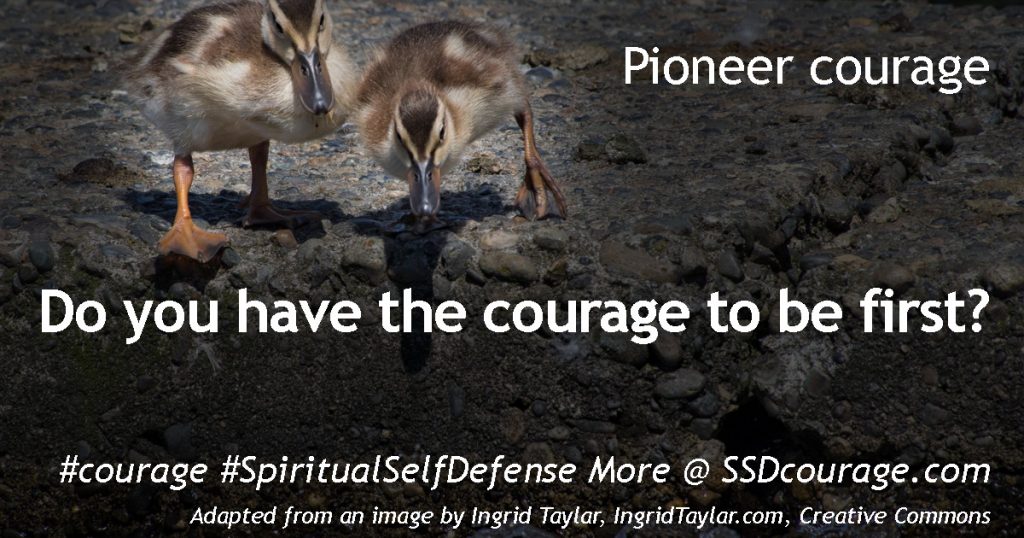
This is probably going to sound corny, but I’ll tell this story anyway. The first woman I dated steadily broke up with me. It was one of those, “Let’s just be friends,” break ups.
I was crushed. Outside I put on a brave face, but inside I was an emotional wreck. After that “Dear John” conversation, I went someplace to be by myself. There I got on my knees and prayed this prayer: “God, I don’t know why this happened, but I want to affirm You are good, You know what You’re doing, and someday I will look back on this and be glad it happened.”
You know what? I am glad it happened. It needed to happen. It was best for her and best for me.
Today I want to talk about one more type of faith.
Jesus starts the Lord’s prayer with, “Our Father in heaven, hallowed be Your name.”
What does that mean?
Here’s another way of putting it: “I want everyone everywhere to know and believe the truth about how good and great You are.”
This is important. Here’s why: Trouble comes into every life, and sooner or later, it will find its way to you. That’s reality. And the time will come when you will be tempted to point an accusing finger at God.
This is one of the exercises of faith. We will affirm the goodness of God, even when we can’t feel it, see it, taste it, or touch it.
This is the big lesson in the book of Job. Trouble happens, but God is still good. This is our act of love toward God. Yes, our world may be falling apart, but God, You are still good.
To sum up: We’ve been talking about faith. In these last five posts we’ve seen:
- Faith prompts us to do what God says, even when it doesn’t make sense.
- Faith opens our eyes to see the value of the gift we’ve been given.
- Faith is a gift from God; we trade our doubts for faith.
- Faith grows as we go through the adventure of living life with Jesus.
- Faith affirms the goodness of God, even when our world is falling apart.
Bible trivia:
Answer from last time: Zechariah speaks of a flying scroll in the 5th chapter of his book.
New question: Which prophet went around “naked and barefoot”?























